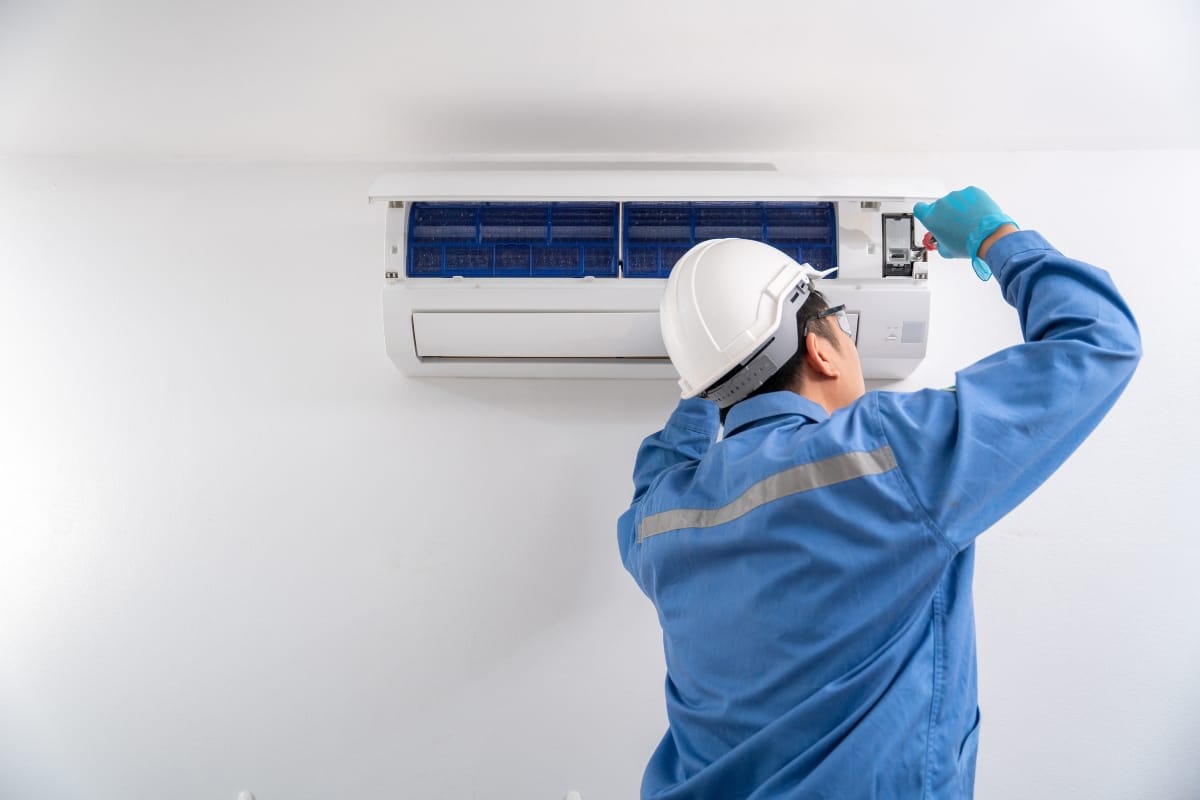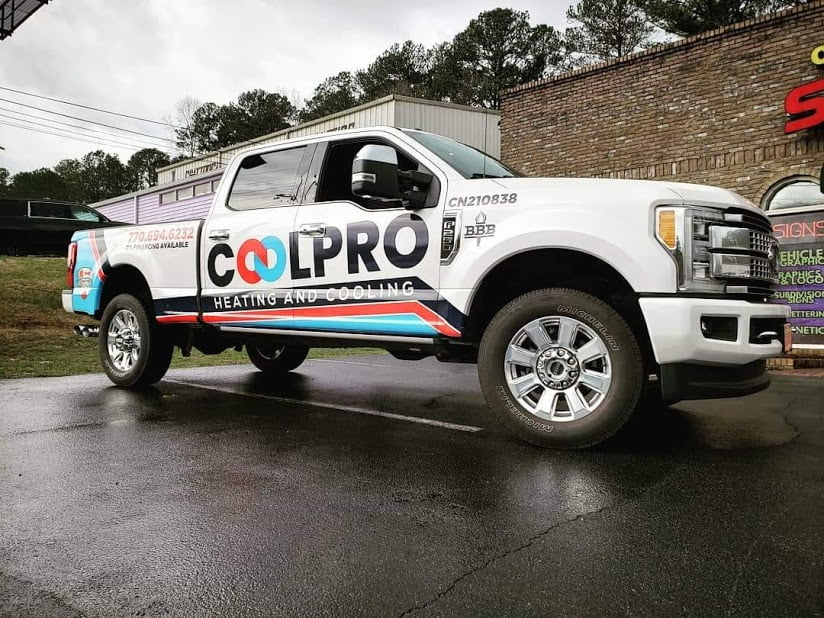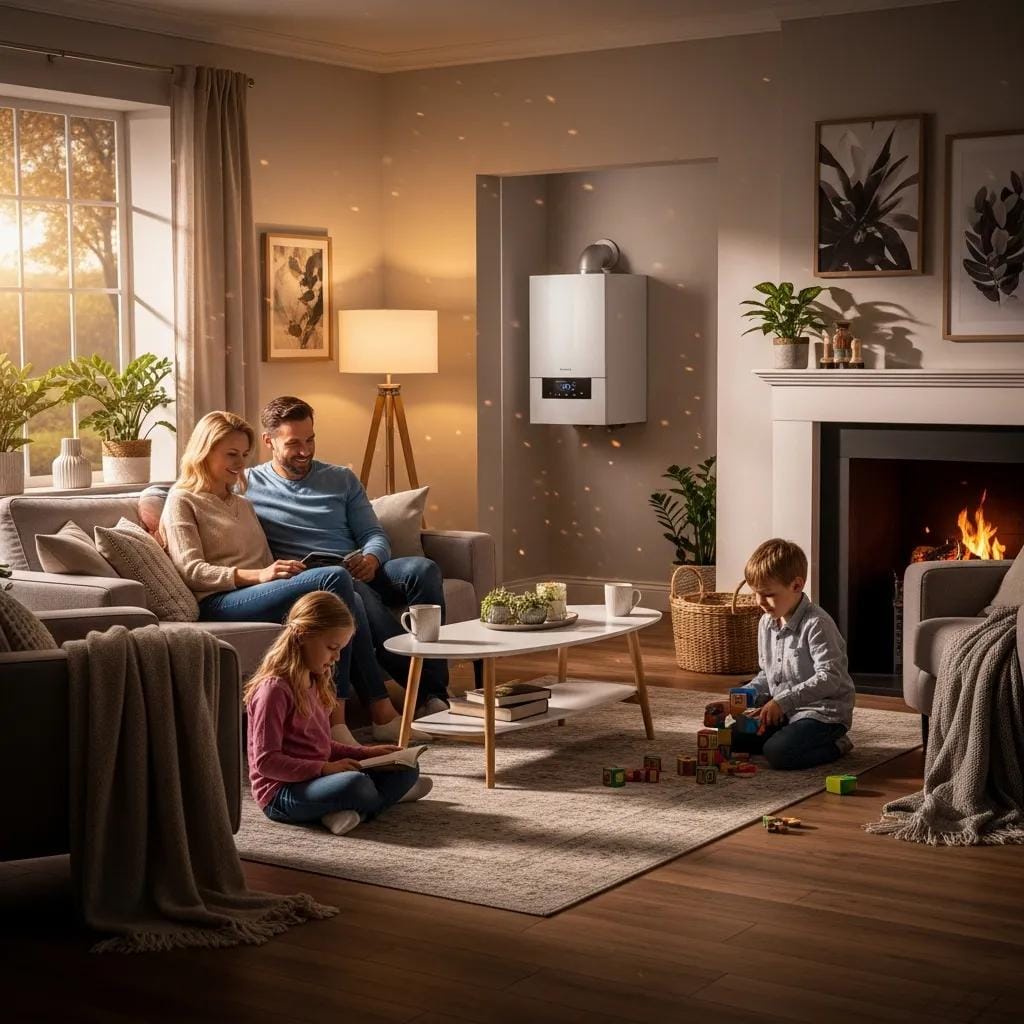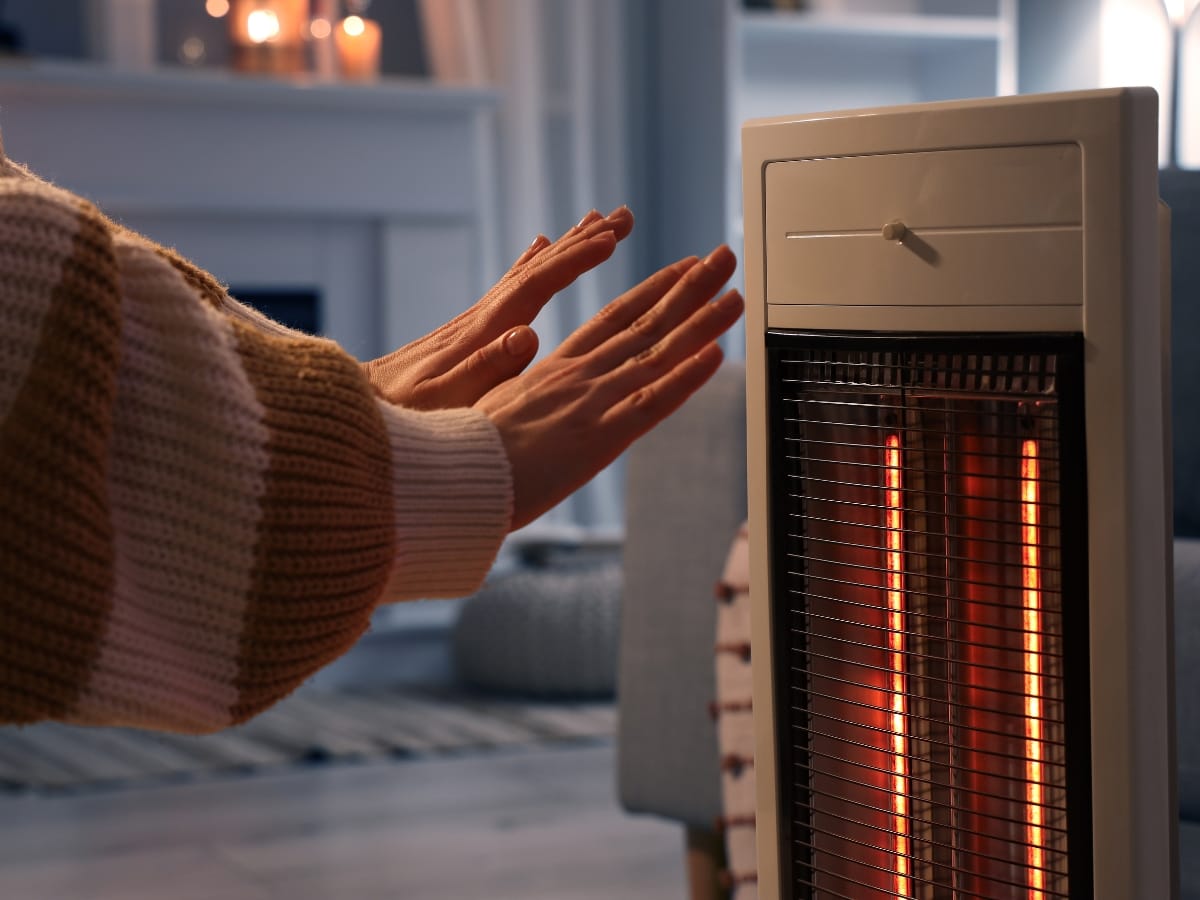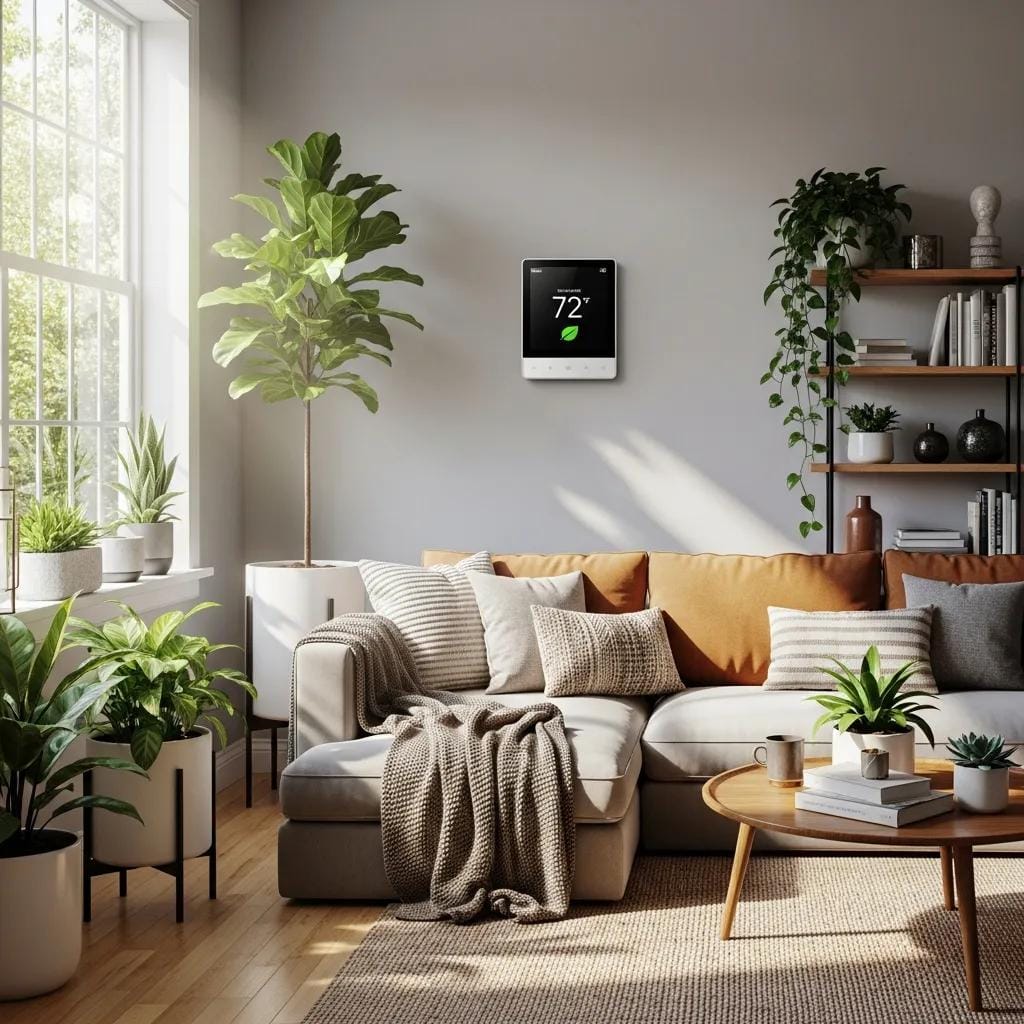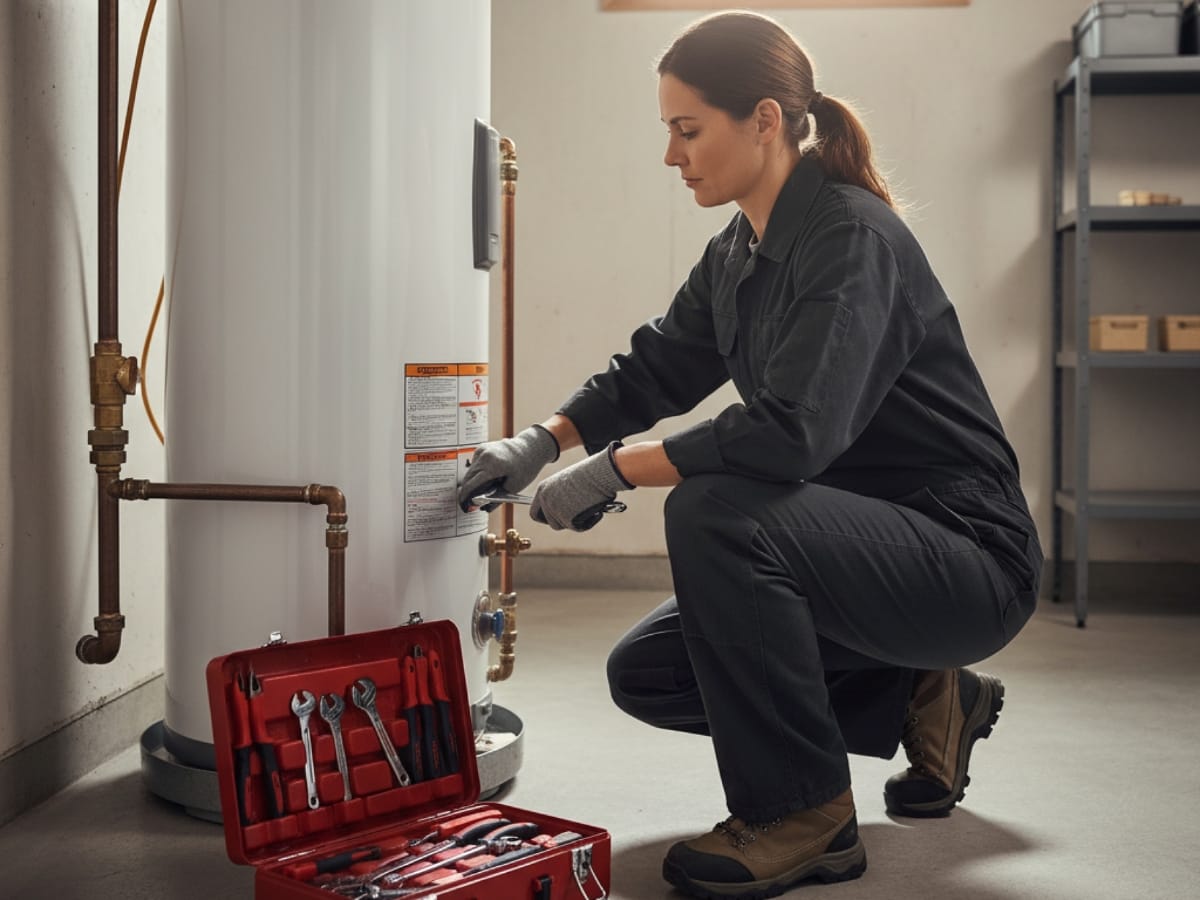When the summer heat hits Marietta, a working air conditioning system isn’t just a luxury—it’s a necessity. But what happens when your AC suddenly stops working on one of the hottest days of the year? That’s where emergency AC repair services come in. Knowing what to expect, how to act quickly, and who to call can make all the difference between a sweltering, uncomfortable day and a fast return to comfort. In this guide, we’ll walk you through the essentials of emergency AC repair in Marietta so you can stay cool, calm, and prepared when it matters most.
Emergency AC Repair in Marietta: Get Cool Again in No Time
Common Causes of Emergency AC Breakdowns
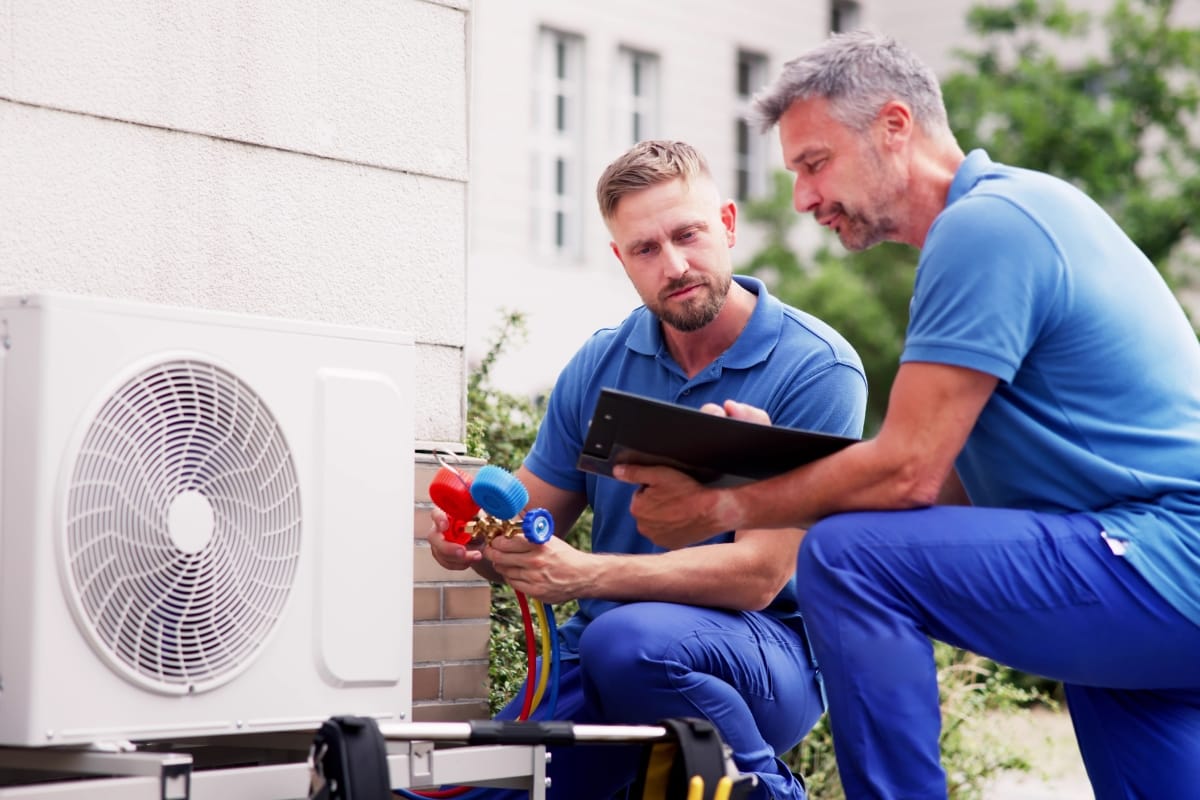
Air conditioning systems are built to keep your home comfortable, but like any complex machine, they can fail—sometimes at the worst possible time. Emergency AC repairs are often the result of preventable issues that go unnoticed until the system stops working. Understanding the most common causes can help you stay ahead of costly breakdowns.
One of the most frequent culprits is a clogged air filter. When the filter gets too dirty, it restricts airflow and forces the system to work harder than it should. This added strain can lead to frozen evaporator coils or an overworked blower motor. Another issue is low refrigerant levels. Whether from a slow leak or a full rupture, low refrigerant prevents your system from cooling effectively and puts extra pressure on the compressor, which can eventually overheat and fail.
Electrical problems are another common source of breakdowns. Worn-out capacitors, damaged wiring, or tripped breakers can interrupt the power supply to vital components. These issues are not only frustrating but can also become safety hazards if ignored. If your system frequently shuts off, struggles to start, or makes clicking noises, electrical faults could be the reason.
Older systems are naturally more prone to failure. Over time, compressors lose efficiency, fan motors wear down, and belts stretch or crack. These mechanical issues may start with minor noise or vibration but can quickly escalate to a complete shutdown if not addressed. Outdoor condenser coils can also get coated in dirt or debris, reducing their ability to release heat. This causes your AC to overheat and shut off as a protective measure.
Another overlooked problem is a blocked condensate drain. When this happens, the system’s safety switch may shut everything down to avoid water damage. Faulty sensors or a malfunctioning thermostat can also confuse the system, causing short cycling or total failure.
While some of these problems are age-related, many are avoidable with regular maintenance. Scheduling seasonal checkups, replacing filters on time, and keeping outdoor units clean can go a long way in preventing emergency breakdowns. If your system starts acting up—blowing warm air, making strange noises, or running non-stop—it’s best to call a professional before it turns into a full-blown emergency.
Recognizing Early Warning Signs of AC Failure
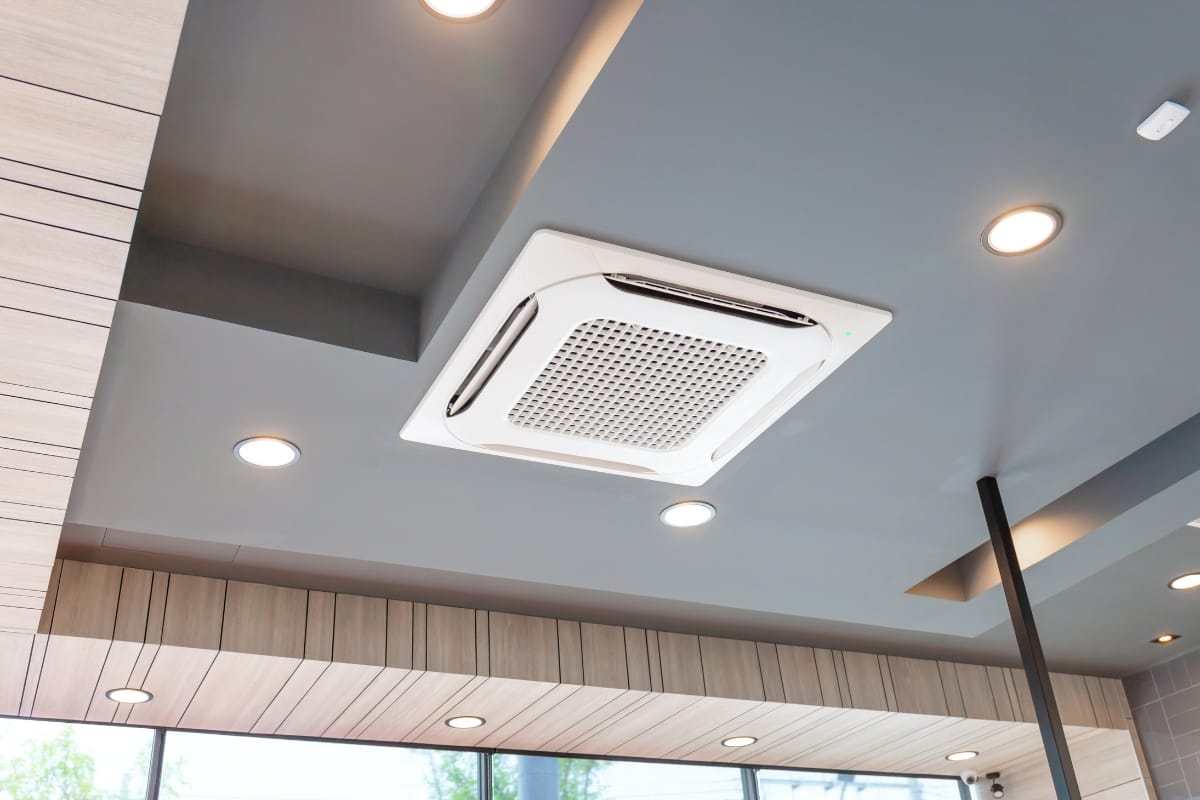
Catching air conditioning problems early can help you avoid a complete system failure and the discomfort that comes with it—especially during the peak of summer in Marietta. Many homeowners overlook small issues, thinking they’ll resolve on their own. In reality, those minor changes in performance often point to larger problems developing behind the scenes.
Start by paying attention to any strange sounds. Rattling may mean a part has come loose, while grinding can indicate worn-out bearings. A hissing noise could point to a refrigerant leak, which not only affects performance but also leads to long-term damage if not addressed. These sounds may not seem urgent at first, but they usually don’t go away on their own.
Airflow is another important indicator. If certain rooms feel warmer than others or the air coming out of your vents feels weak, your system might have a clogged filter, failing blower motor, or ductwork issues. Warm air blowing when the thermostat is set to cool often signals compressor trouble or low refrigerant levels, both of which require professional attention.
Watch for sudden increases in your energy bill without a change in usage. This usually means your system is working harder than it should, possibly due to restricted airflow or an internal malfunction. Over time, this added strain can cause key components to fail.
Short cycling—when your AC turns on and off more frequently than usual—is another red flag. It might be caused by an oversized unit, a faulty thermostat, or an electrical problem. These rapid cycles wear down your system and reduce efficiency.
Humidity is another clue. If your home starts to feel more humid than usual, your AC might not be dehumidifying the air properly, often due to refrigerant issues or system sizing problems. Strange odors are also worth noting. Musty smells may come from mold inside the ductwork, while a burning smell could mean overheated components or wiring.
By keeping an eye (and ear) out for these warning signs, you can catch problems early and schedule a professional inspection before things get worse. Acting quickly not only saves money but also ensures your AC keeps running smoothly throughout the hottest months of the year.
Importance of Timely AC Maintenance
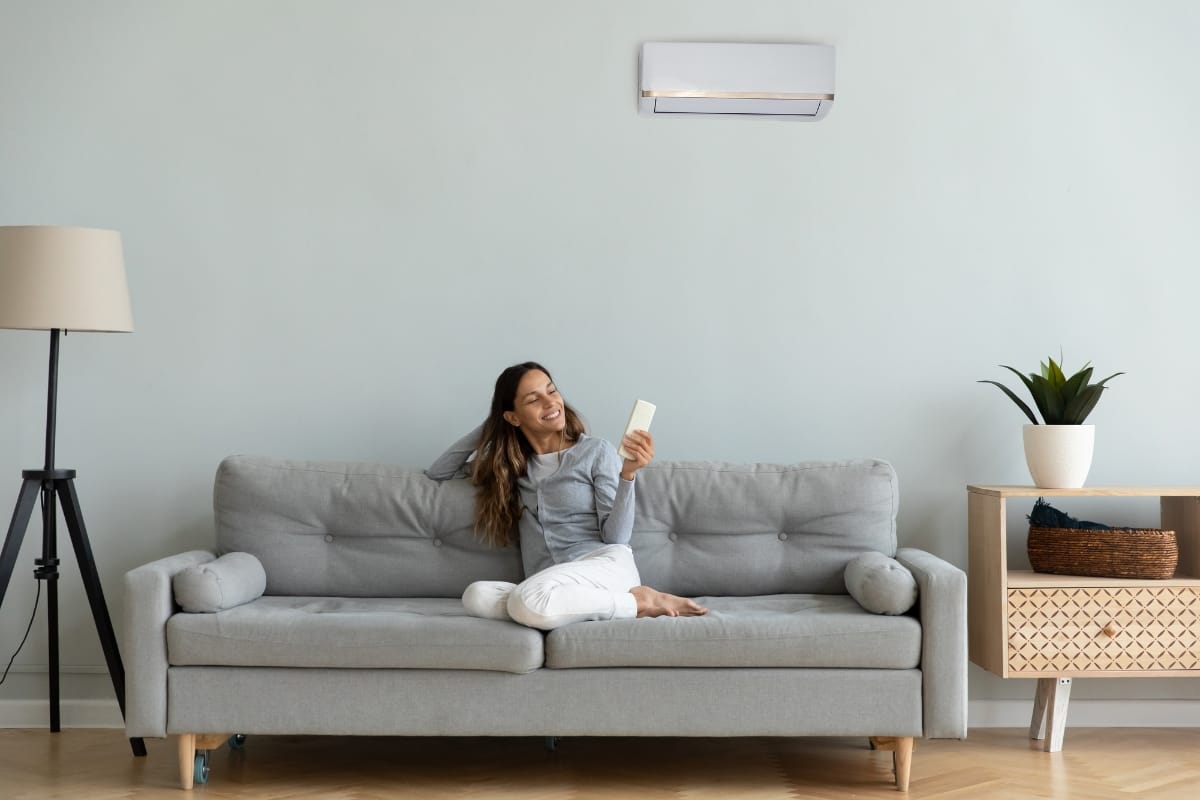
Staying on top of routine maintenance is one of the smartest ways to avoid sudden AC breakdowns and expensive emergency repairs. Your air conditioning system works hard, especially in a hot, humid place like Marietta. Regular upkeep helps keep everything running smoothly and reduces the chances of unexpected problems just when you need cool air the most.
During a maintenance visit, a technician will go through your system step by step. They check refrigerant levels, clean the coils, test electrical components, and change or clean the air filters. These steps may sound simple, but they make a big difference. A clean system runs more efficiently, cools your home more evenly, and doesn’t have to work as hard. That means lower energy bills and a longer lifespan for your unit.
One area that often gets overlooked is the outdoor condenser coil. In Marietta, it can quickly get coated in dust, pollen, or yard debris. When that happens, your AC can’t release heat effectively, which puts extra strain on the system. Over time, this wear and tear leads to more frequent repairs—or even complete system failure.
Drain lines can also become clogged, especially during peak usage months. If not cleared, they can cause water leaks and trigger your system to shut down as a safety measure. Technicians will usually flush these lines as part of a standard maintenance check.
Another benefit of scheduling regular service is catching small problems early. A loose wire or low refrigerant level might not seem urgent, but left alone, it can cause bigger issues down the line. Maintenance helps spot these warning signs so they can be fixed before they lead to full system failure.
Manufacturers often require documented maintenance to keep warranties valid. Skipping tune-ups might save you money now, but it could cost you more if a covered part fails and the warranty is voided due to neglect.
Finding Reliable Emergency AC Repair Services in Marietta
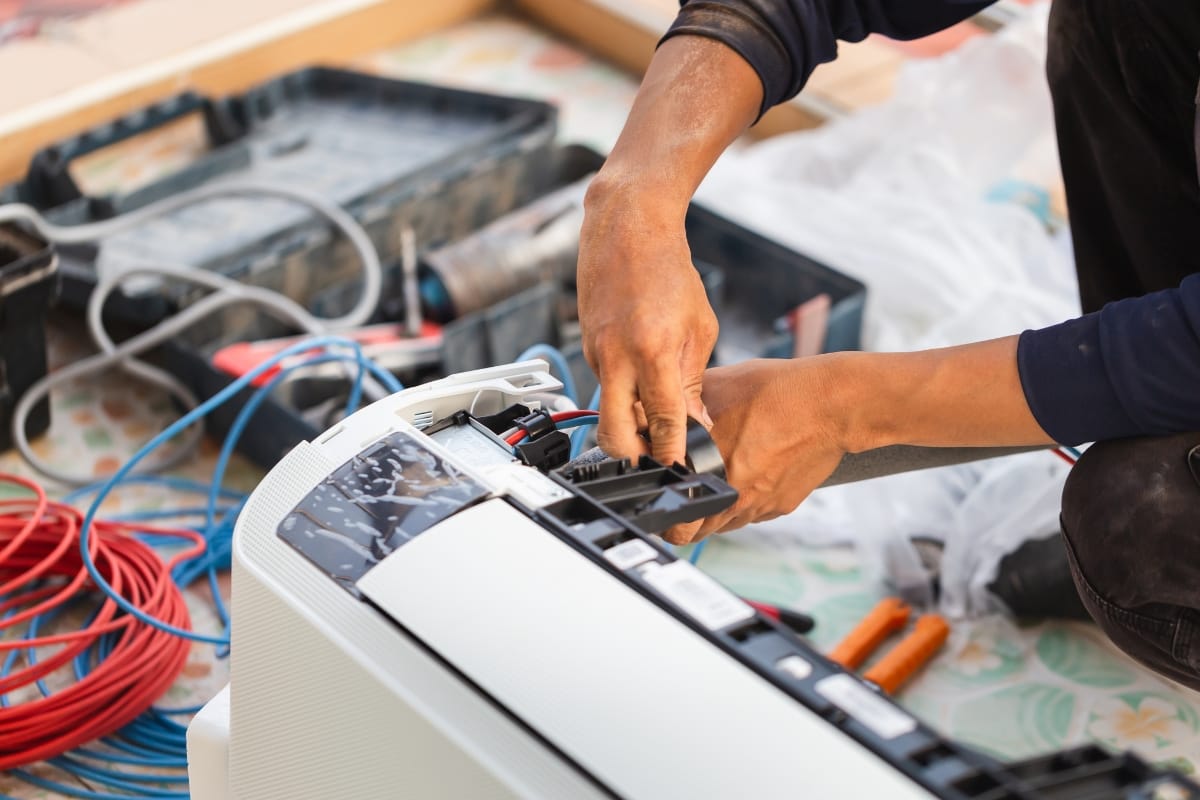
When your air conditioning breaks down without warning, getting it fixed quickly becomes a top priority. But not all HVAC companies offer the same level of service, especially during emergencies. In Marietta, where hot and humid days are common, knowing who to call ahead of time can save you stress when your system stops working.
Start by searching for local HVAC contractors who clearly advertise 24/7 emergency repair. Look for companies that are licensed and insured in Georgia. These credentials not only show that they meet state requirements but also give you some protection in case of accidental damage or issues during the repair. Membership in trade organizations like the Air Conditioning Contractors of America (ACCA) is another good sign of professionalism and training.
Customer reviews can offer real insight. Platforms like Google and Yelp often highlight how companies perform under pressure. Look for comments about response time, clear pricing, and how well technicians explain the problem and solution. Consistently high ratings are a good indicator of reliability, especially when it comes to handling emergency situations.
Don’t underestimate the value of local word-of-mouth. Ask your neighbors, family, or friends in Marietta who they’ve used for urgent HVAC repairs. A recommendation from someone you trust often means a lot more than a flashy online ad. It also helps ensure you’re working with someone who knows the area’s specific climate and common AC issues.
If you’re comparing companies, take a close look at what they offer in terms of guarantees and warranties. Some may offer short-term fixes without covering the work if something goes wrong later. Others might include labor warranties or extended coverage on replacement parts. Clear, written guarantees can give you added peace of mind, especially when you’re dealing with an unexpected breakdown.
By taking the time now to identify a few trusted HVAC professionals, you won’t be scrambling during an AC emergency. A little preparation goes a long way toward making sure you get fast, honest, and skilled service when you need it most.
Questions to Ask When Hiring an Emergency AC Repair Technician
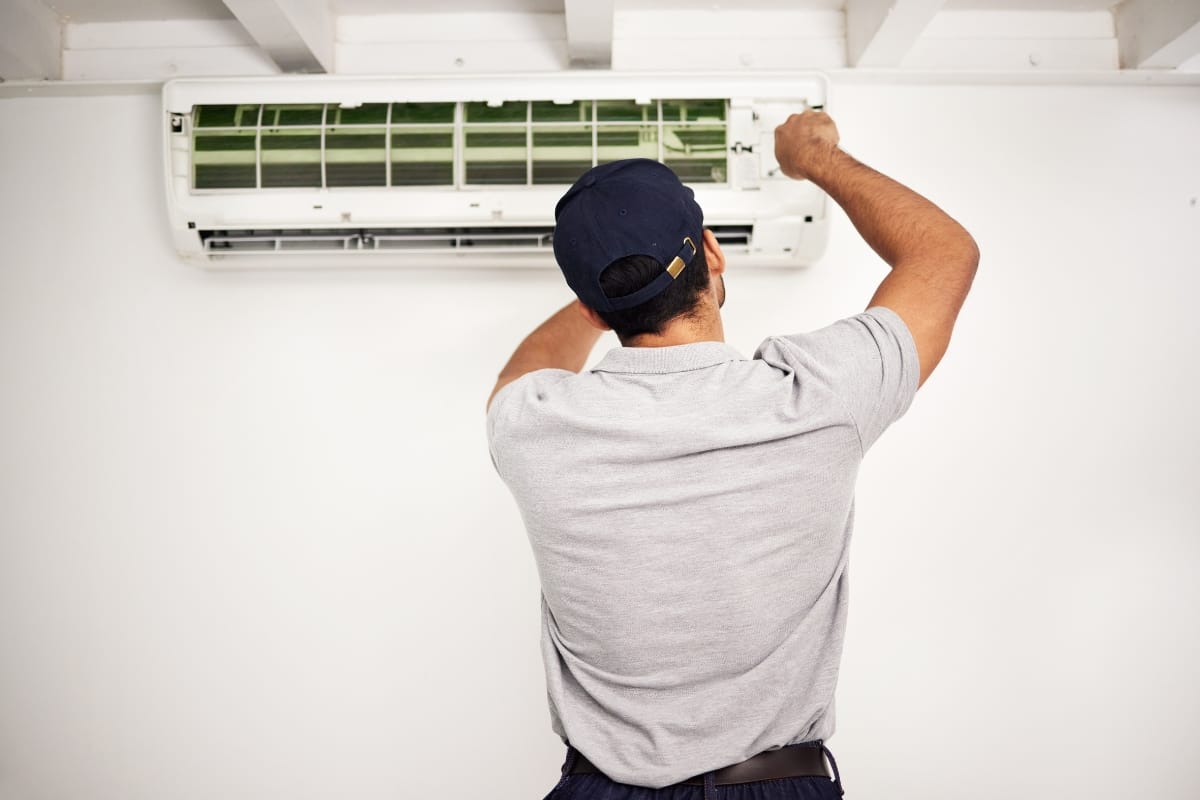
When your air conditioning fails during a heatwave, it’s tempting to call the first repair service that pops up online. But rushing into a decision can lead to poor workmanship, high costs, or even further damage. To make sure you’re hiring a reliable technician for emergency AC repair, take a few minutes to ask the right questions before agreeing to any work.
Start with the basics. Ask if the technician is licensed and insured in the state of Georgia. Proper licensing shows they meet local requirements and are qualified to handle HVAC repairs. You should also confirm they hold EPA Section 608 certification, which is legally required for working with refrigerants. Without this, they are not authorized to perform many of the tasks common in AC repair.
Next, ask about their response time. Some companies advertise 24/7 service but take hours to arrive. Clarify how quickly they can be at your home and whether they offer any arrival window guarantees. It’s also smart to ask who will be doing the work. Will it be an in-house technician or a subcontractor? Knowing who to expect helps avoid confusion or miscommunication.
Price is another important topic. Ask upfront about service call fees, diagnostic charges, hourly labor rates, and whether those rates increase after business hours. Get a ballpark estimate for the kind of repair you suspect may be needed. A reputable technician should also be willing to provide a written estimate before starting the job, so you’re not surprised when the invoice comes.
Finally, ask about warranties. Do they guarantee their labor? What kind of warranty comes with the replacement parts? A reliable technician should back their work and use parts that come with manufacturer warranties.
By asking these questions before the technician starts the repair, you protect yourself from unclear pricing, rushed fixes, and incomplete work. A professional who answers clearly and confidently is more likely to deliver quality service when you need it most. Taking a few extra minutes up front can save you from bigger problems down the line.
Understanding the Costs Associated with Emergency AC Repairs
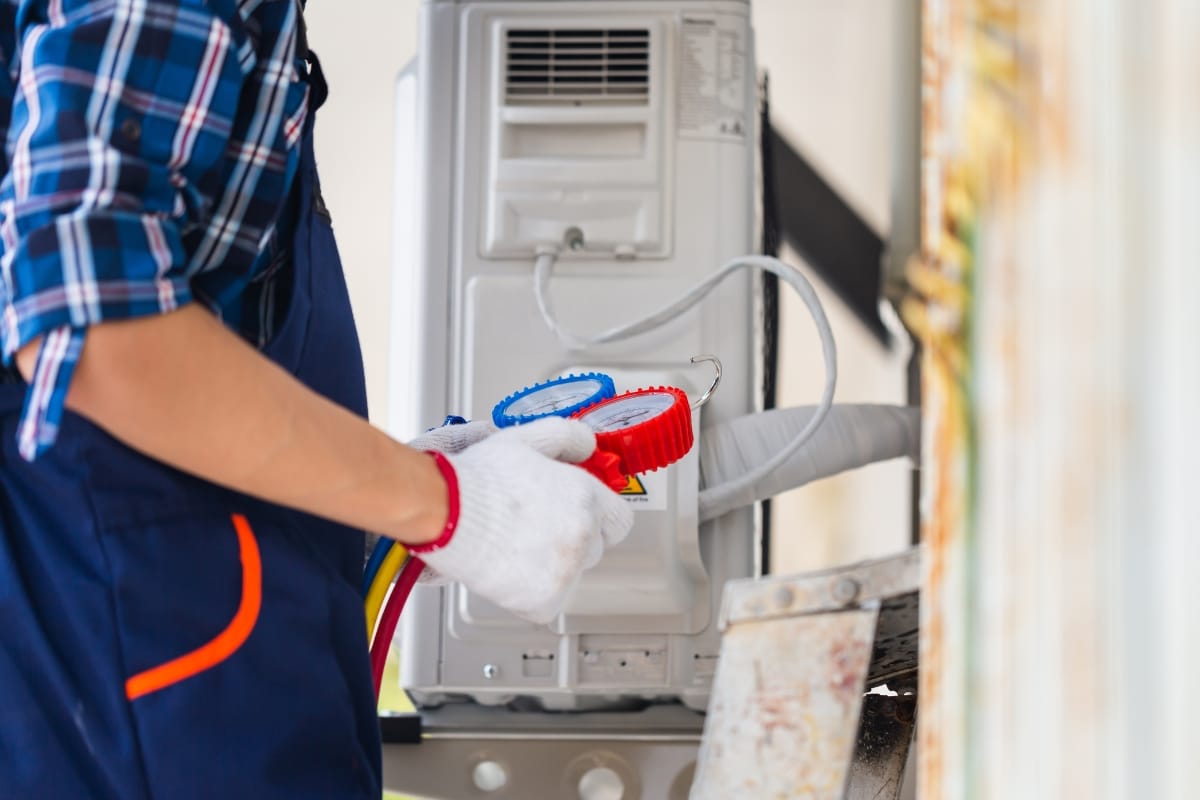
Emergency air conditioning repairs often come at a higher cost than regular service appointments, especially when the work is done after business hours or during weekends. In urgent situations, it’s easy to focus on getting the system up and running and overlook the total cost involved. But having a clear idea of what to expect can help you avoid surprises when the bill arrives.
One of the most common charges is the diagnostic fee. This covers the technician’s time to assess the issue and is typically in the $75 to $150 range. This fee is usually applied even if the fix is simple or if you decide not to move forward with the repair. In some cases, the fee may be waived if you approve the repair during the same visit.
Labor costs for emergency AC work in Marietta generally range from $100 to $200 per hour. Rates are often higher during nights, holidays, or weekends, so it’s worth asking whether the company charges a flat after-hours fee or an increased hourly rate. Some HVAC companies offer bundled pricing for emergency visits, which can simplify billing by including diagnostics, labor, and minor parts in one flat rate.
Parts are another factor to consider. Simple components like capacitors or contactors might cost $50 to $150, while larger items, such as compressors or fan motors, can exceed $500. If refrigerant levels are low, expect a charge for recharging, which varies based on the type and amount needed. Some older systems use discontinued refrigerants, which can drive up costs even further.
Also, ask about other potential add-ons, such as service truck fees, equipment disposal, or expedited part ordering. Reputable HVAC technicians will walk you through the charges and provide an estimate before getting started. If you’re unsure, request a written quote so you can review the pricing before agreeing to the repair.
Understanding what goes into the cost of emergency AC repair helps you make smarter decisions and avoid overspending. It also gives you time to compare rates or ask about financing options if a major repair catches you off guard. Taking a few minutes to ask the right questions now can lead to better service and fewer financial surprises later.
Preparing Your Home for Emergency AC Situations
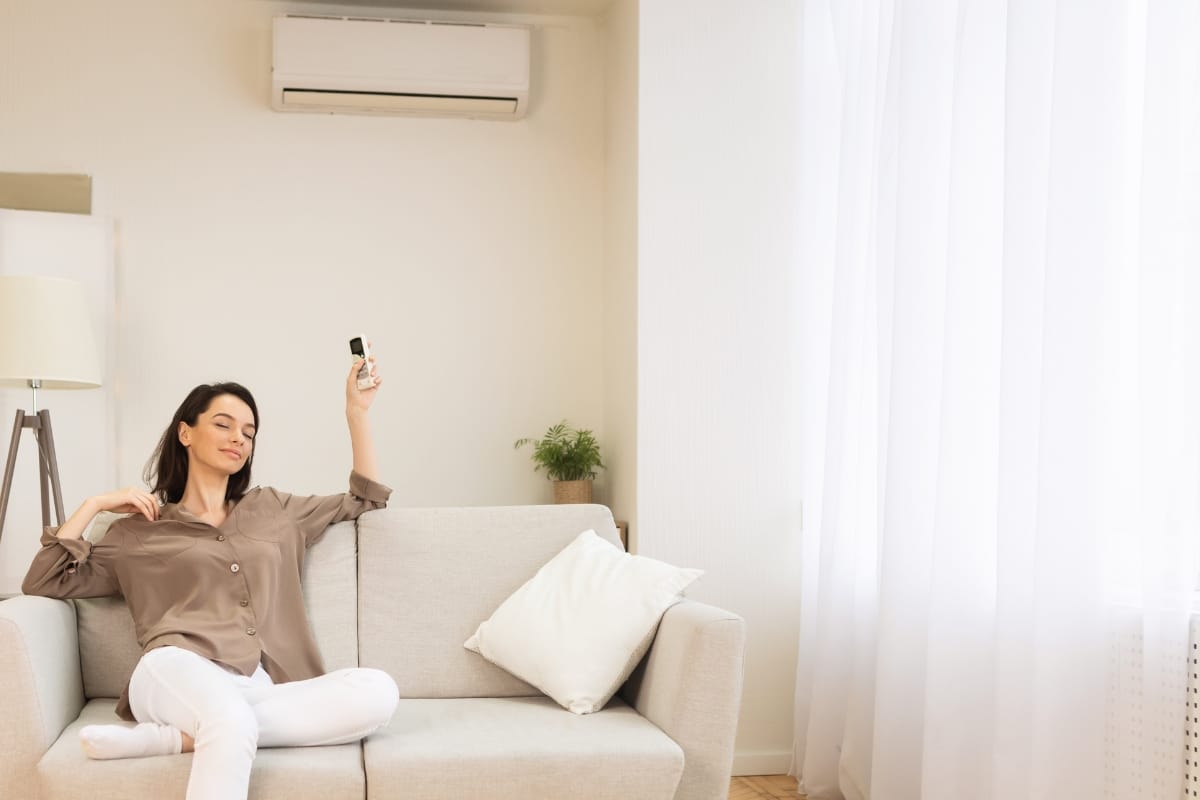
Air conditioning problems often strike at the worst times—usually during a heatwave or right before guests arrive. While you can’t always prevent a breakdown, you can prepare your home to handle it better. A few simple steps can reduce stress and help your technician get things back up and running quickly.
Start by identifying your circuit breaker panel and marking the switch that controls your AC. If the system stops working, you can check the breaker right away instead of guessing. This saves time and helps determine if it’s a quick fix or something more serious. Keep a flashlight nearby in case the issue happens at night, and store a few basic tools and replacement filters in an easy-to-access spot. Dirty filters can cause reduced airflow or even system shutdowns, so having extras on hand is smart.
Clear the area around both your indoor and outdoor AC units. Trim any overgrown bushes and avoid storing boxes or furniture too close. This not only makes it easier for technicians to access the system but also improves airflow and efficiency. Check that air vents inside your home aren’t blocked by rugs, furniture, or curtains. Restricted airflow can strain your system and lead to premature failure.
It’s also helpful to post emergency contact info for your HVAC provider somewhere visible—near the breaker panel, on the fridge, or saved in your phone. Make sure the contact includes after-hours service numbers. During an outage, time is of the essence, and you don’t want to scramble for phone numbers.
For extra peace of mind, consider installing a smart thermostat. Many models send alerts when your AC is struggling, which gives you a heads-up before a complete failure. You can also monitor performance remotely if you’re away from home.
Finally, have some temporary cooling solutions ready. Keep portable fans, battery-powered fans, or cooling towels on hand. These won’t fix the AC, but they can help keep you and your family more comfortable until help arrives. Being prepared won’t stop your AC from breaking down, but it will help you manage the situation calmly and effectively. A little planning now can go a long way when the temperature starts to rise.
Maintaining Your AC System to Prevent Future Emergencies
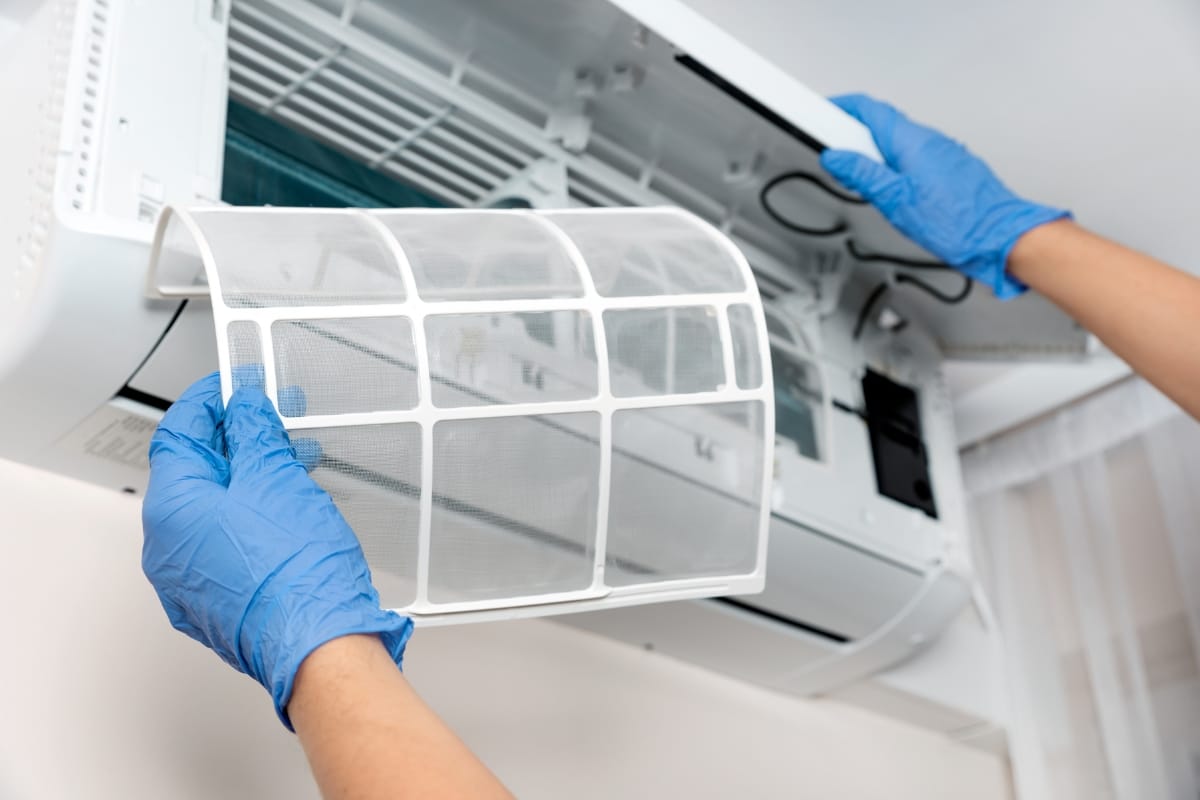
If you want your air conditioning system to work reliably through the hottest months, regular upkeep is key. Many emergency AC repair calls can be avoided with consistent maintenance, both on your own and with the help of a technician. A few small habits can make a big difference in performance and longevity.
Start with the basics. Replace or clean your air filters every one to three months. When filters get clogged with dust and debris, airflow is restricted, which forces the system to work harder and raises the risk of overheating or freezing up. Keep an eye on your outdoor unit too. Leaves, grass, and dirt can collect around it, limiting its ability to release heat. Make it a routine to clear at least two feet of space around the condenser so it can run efficiently.
Another common issue is a clogged condensate drain line. If this line gets blocked, it can lead to water leaks or trigger safety shutoffs. Pouring a small amount of vinegar down the drain line every few months can help keep it clear.
While these simple tasks help, nothing replaces a professional checkup. Book a service visit at least once a year, preferably in the spring before summer temperatures rise. A qualified technician will inspect refrigerant levels, tighten electrical connections, test the thermostat, clean coils, and lubricate moving parts. These steps not only boost your AC’s efficiency but also catch small problems before they become expensive emergencies.
Keep track of maintenance using a basic log or calendar reminder. Note when filters were changed, when the unit was last serviced, and any repairs or issues. This helps you spot patterns and stay on top of care. It also comes in handy if you need to show proof of maintenance for warranty coverage.
Staying proactive with maintenance doesn’t require a lot of time or money, but it can save you from the stress of unexpected breakdowns. A well-maintained system runs more smoothly, uses less energy, and is more likely to keep your home comfortable even when Marietta’s summer heat is at its worst.
Conclusion: Ensuring Your Peace of Mind During Hot Summer Days
Facing an unexpected air conditioner failure can be stressful, especially during Marietta’s intense summer heat. By understanding common breakdown causes, recognizing early warning signs, and knowing how to find reliable emergency AC repair services, you can act swiftly and confidently when your system falters. Implementing regular maintenance, preparing your home for emergencies, and asking the right questions when hiring a technician will help you avoid prolonged discomfort and costly surprises. With these insights, you can ensure your home remains a cool, comfortable haven even on the hottest days, giving you true peace of mind.
When your AC fails on a scorching Marietta day, prompt, reliable repair is not just a convenience—it’s a necessity for safety and comfort. CoolPro Heating & Cooling stands ready to restore your system’s performance with expert technicians and swift, dependable HVAC service. Don’t let the heat keep you down—call us now at 770-694-6232 or send us a service request through our site form for fast emergency AC repair and get back to cool, worry-free days.

